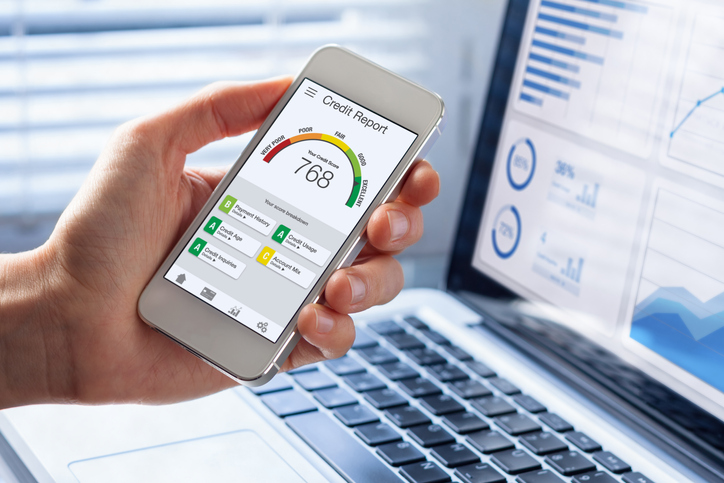It’s no secret that having good credit makes life as a consumer much easier. Larger purchases, such as car loans and mortgages, are typically less stressful with that seal of creditor approval. But how do you improve your credit score number and keep it high?
Credit Utilization
Credit utilization refers to the ratio of your outstanding credit card balances to your overall credit card limits. For example, if your credit card balance is $2,000 and your credit limit is $10,000, then your credit utilization is 20%. To improve your credit card score, it’s a good idea to keep your rate below 30%.
Pay Bills on Time
Payment history has the single biggest effect on your credit score, so paying attention to bill deadlines is paramount if you want to keep your credit score afloat. If you miss a payment, call the creditor immediately and make arrangements to get current because if the creditor reports the missed payment, it will likely stay on your credit history for seven years.
Showing consistent positive credit behaviors, such as repetitive on-time payments, can lessen the overall impact of a missed payment over time. To that end, it can be a wise decision to take advantage of autopay to make sure your bills are paid regularly and on time.
Strategize Paying off Debt
Paying down outstanding credit card debt is another great tool for improving your credit score. However, if you have multiple cards, it can be difficult to know which card to pay down first.
First, consider the interest rate, credit utilization, reward perks, and outstanding balances of each card. Then use that information to prioritize which cards should be paid down first or to determine if consolidation of credit (moving the balance of a high-interest card to a lower-interest card) makes more sense.
Types of Credit
Still looking for more ways to boost your credit? Consider utilizing multiple types of credit. A borrower who has only credit card debt, for example, may not have as high of a credit score as someone who also has a mortgage and car loan. These supplemental lines of credit will make the borrower look more capable of handling credit.
Check Your Credit Report
About 25% of Americans have errors on their credit reports. We recommend regular reviews of your reports so you can correct any mistakes that pop up. You are allowed to download a free credit report from each of the credit bureaus (TransUnion, Equifax, and Experian) once a year at the AnnualCreditReport.com website.
Comb through your reports for incorrect information and any negative information that has passed the credit-reporting time limit. If you see anything that needs correcting, you can dispute the incorrect information to get it removed from your credit report. This CNBC article explains the process for disputing errors.
Credit Freeze
Freezing your credit does not directly raise your credit, but it does ensure no lines of credit are opened in your name fraudulently, and therefore protects your credit score from being negatively affected by identity theft. Freezing your credit involves contacting all three credit bureaus but is well worth the time, effort, and peace of mind in the long run.
Keep Cards Open
As we mentioned in our Strategy section above, consolidating credit card debt can be a key tool in paying down high balances. However, if you have unused credit cards (meaning, you are not negatively impacted by outstanding debt), it might make more sense to keep those lines of credit open.
This might seem counterintuitive since having fewer cards makes more sense from a simplicity and organizational standpoint. It is important to note, though, that these zero-balance cards will positively affect your credit utilization.
Credit utilization is calculated based on the sum of all your credit card limits together—even the ones you are not actively using. Therefore, it’s typically best to keep those lines of credit open, but you can just lock the card in a secure safe so it is not used or stolen. Credit card accounts held for a long time can also give you the double benefit of having a longer credit history, as well.
Building your credit history and boosting your credit score can take time, but it is achievable! The process just involves patience and discipline. Although it can be easy to get discouraged, remember that every positive credit behavior helps outweigh negative ones; the longer time goes on, the more opportunities you’ll have to improve your score.
By consistently meeting payment deadlines, diversifying your credit, and tracking credit utilization, you’ll soon be on your way to higher ground!
Schedule a Complimentary Insight Meeting with one of our fee-only financial advisors.

